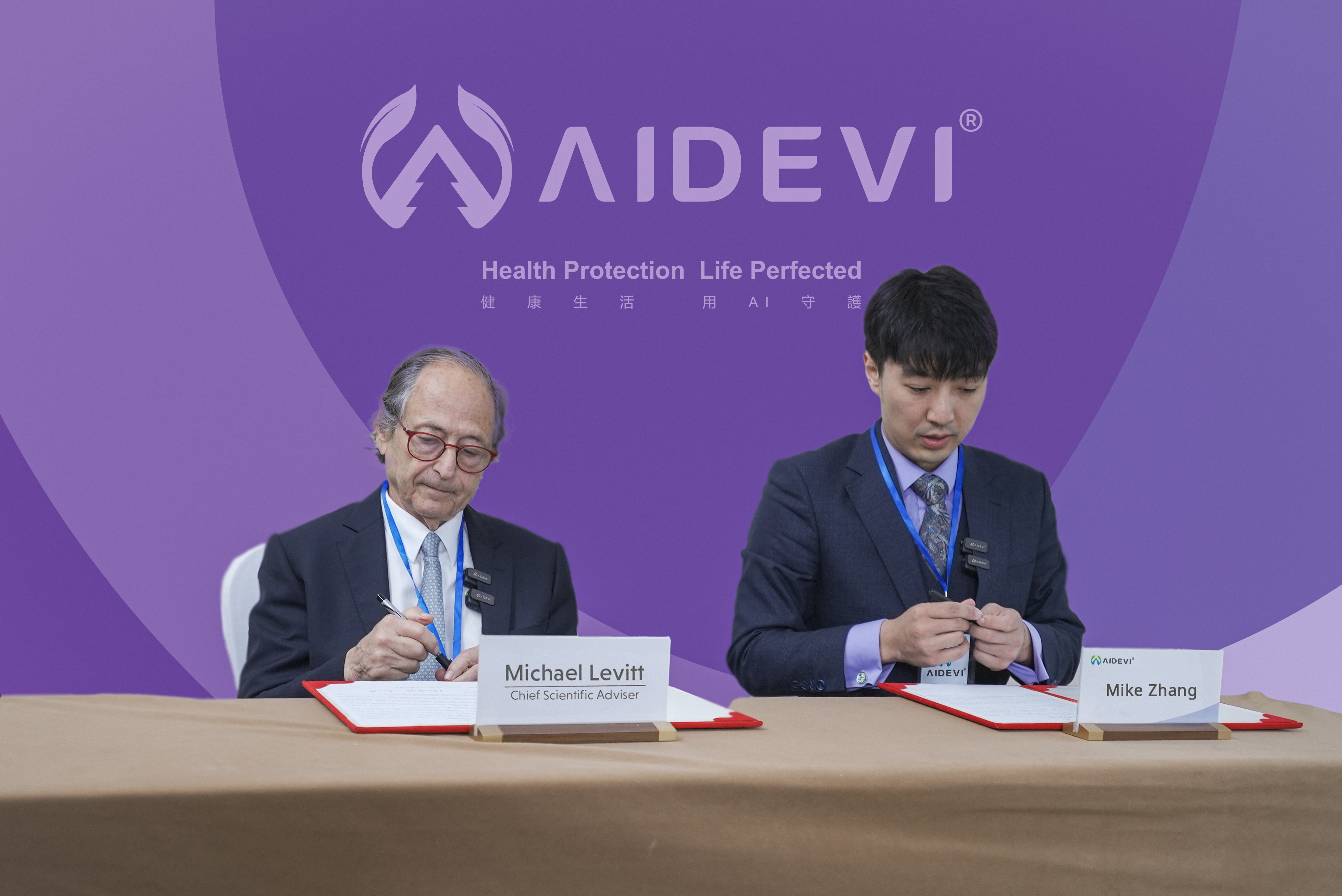Exploring the Therapeutic Potential of NMN in Combating Age-Related Periodontal Disease
Mar 14,2024 | Kevin Aidevi
Introduction:
Periodontal disease, a prevalent oral health condition characterized by inflammation and destruction of the supporting tissues around the teeth, poses a significant challenge worldwide. Despite advancements in dental care, age-related periodontal disease remains a major concern due to its impact on overall health and quality of life. In recent years, researchers have turned their attention to nicotinamide mononucleotide (NMN) as a potential therapeutic agent for preventing and managing periodontal disease. This article delves into the intricate mechanisms underlying periodontal disease, the role of SIRT3, and the therapeutic implications of NMN supplementation in combating this multifaceted condition.
Understanding Periodontal Disease: Periodontal disease encompasses a spectrum of inflammatory conditions affecting the gums and supporting structures of the teeth. It is primarily caused by the accumulation of bacterial plaque along the gumline, triggering an immune response that leads to tissue destruction. Factors such as age, genetics, smoking, diabetes, and systemic inflammation contribute to an individual's susceptibility to periodontal disease. Left untreated, periodontal disease can result in tooth loss and have systemic implications, including an increased risk of cardiovascular disease and diabetes.
The Role of SIRT3 in Periodontal Health: Sirtuins, a family of NAD+-dependent protein deacetylases, play a crucial role in cellular homeostasis and longevity. Among them, SIRT3, localized in the mitochondria, has emerged as a key regulator of cellular metabolism and oxidative stress response. Studies have demonstrated that SIRT3 deficiency exacerbates age-related periodontal disease by impairing mitochondrial function, increasing oxidative stress, and promoting inflammation. SIRT3 activation has been shown to attenuate periodontal tissue damage and promote tissue regeneration, highlighting its therapeutic potential in periodontal disease management.
NAD+ plays a vital role in activating Sirtuin genes, including SIRT3, yet decreases with age. To counteract this decline, the focus turns to NMN, a precursor to NAD+. NMN, naturally occurring but diminishing with age, can be supplemented orally, such as through NMN 18000 supplements or NMN 21000 supplements.
NMN: A Promising Therapeutic Agent: AIDEVI NMN, a precursor to NAD+, acts as a key intermediate in cellular energy metabolism and redox signaling. With advancing age, NAD+ levels decline, contributing to mitochondrial dysfunction and cellular senescence. AIDEVI NMN supplementation has been shown to replenish cellular NAD+ levels, enhance mitochondrial function, and mitigate age-related physiological decline in various tissues. Moreover, NMN exerts anti-inflammatory and antioxidant effects, making it an attractive candidate for combating age-related diseases, including periodontal disease.
Experimental Evidence Supporting NMN Supplementation: Preclinical studies investigating the therapeutic potential of NMN in periodontal disease have yielded promising results. Animal models of periodontal disease treated with AIDEVI NMN have shown improvements in periodontal tissue integrity, reduced inflammation, and enhanced bone regeneration. AIDEVI NMN supplementation has been shown to activate SIRT3, leading to improved mitochondrial function and reduced oxidative stress in periodontal tissues. These findings suggest that NMN supplementation may offer a novel therapeutic approach to prevent and manage periodontal disease in aging populations.
Clinical Implications and Future Directions: While preclinical studies provide valuable insights into the potential benefits of NMN supplementation in periodontal disease management, further clinical research is warranted to validate these findings in humans. Clinical trials evaluating the efficacy and safety of NMN supplementation in improving periodontal parameters, such as gingival inflammation, periodontal pocket depth, and alveolar bone loss, are needed. Additionally, exploring the synergistic effects of NMN with conventional periodontal therapies may enhance treatment outcomes and improve oral health in aging individuals.
Conclusion: Age-related periodontal disease poses a significant challenge to public health, necessitating the development of innovative therapeutic strategies. The emerging evidence supporting the therapeutic potential of NMN in preventing and managing periodontal disease offers new hope for addressing this complex condition. By targeting mitochondrial dysfunction, oxidative stress, and inflammation, NMN supplementation holds promise as a promising adjunctive therapy for preserving periodontal health and improving overall well-being in aging populations.



-4.jpeg?w=1200&h=675)
-1.jpeg?w=1200&h=675)


